Genetic relational entitlement is an unacceptable experience in most societies, and that needs to change.
“That sounds utterly selfish and self-centered,” wrote a reader of my blog, How to Support Someone Who’s Chosen Family Estrangement.
“I do question your final paragraph in which you state that even if a person DOES feel safe, but doesn’t feel they find personal value in the relationship, they too, should be supported in an estrangement decision.” The reader concluded, “That reasoning for estrangement is unacceptable, in my opinion,” (M. Patterson, personal communication, July 11, 2023).
M. Patterson isn’t alone in their opinion. Many people believe they are entitled to relationships with adult family members solely because they are a genetic relative. It does not matter if those family relationships have actual value or not.
This entitlement is prevalent in many families, societies, cultures, and religious ideologies. You can grow apart from friends, but not from your family. You can choose to leave a spouse who is no longer compatible with you, but not a family member. You can ignore a text from a colleague whom you haven’t heard from in years, but you must engage a family member. Many people have been taught to place those with similar genetics on a relational pedestal and to expect that others will do the same for them.
What’s genetic relational entitlement?
Webster defines entitlement as “the belief that one deserves certain privileges.” Relational entitlement is one’s subjective perception of what they believe they are owed in the context of a relationship. Therefore, genetic relational entitlement is the subjective perception that one is owed a relationship with someone who is a genetic relation. Due to complex issues involving the welfare of children, this blog will focus on this phenomenon as it occurs in adult relationships.
Here are a few examples of genetic relational entitlement:
-
- An adult believes they are owed a relationship or contact with another adult because they are a genetic relation.
-
- An adult believes they are entitled to receive time, money, communication, or services from another adult because they are a genetic relation.
Many factors, such as our perception of the value of the specific relationship in question, impact one’s sense of entitlement. Sometimes, the level of genetic connection can cause a greater sense of entitlement. For example, you may feel more entitled to have a relationship with your sibling than a relationship with a second cousin.
Also, the perceived power dynamics may play a role as well. For example, you may feel more entitled to have a relationship with an adult child (perceived as a past dependent) than having a relationship with a sibling (perceived as an equal). Culture, religion, environment, gender, and attachment also impact one’s sense of genetic entitlement.
Should you resist genetic relational entitlement?
When someone challenges genetic relational entitlement, they are sometimes called selfish, ungrateful, and cruel. Yet, what if these resisters are actually healthy, insightful, and thriving people?
Someone capable of choosing the people who make up their support system can select those who provide value and who can accept the value that they provide. For example, you can have one friend who is skilled at listening and expressing empathy, another friend who can provide honest feedback, and another who is a master at giving advice. Nurturing your relationships with these three people can bring significant value to your life and to theirs.
Consider challenging relational entitlement if a genetic family member does not provide you with relational value. Here are a few scenarios to consider:
-
- Your family member is physically, sexually, emotionally, or financially unsafe.
-
- You cannot have a healthy relationship with anyone when you feel unsafe.
Ask yourself:
-
- Is this family member safe?
-
- Do I feel safe having a relationship or contact with them?
-
- If they were no genetic relation, would I choose to have a relationship with them?
You do not have an attachment to the family member.
Secure attachment (love, connection) does not automatically occur when people are genetically related, and attachment is not sustained by genetics alone. There are parents who are not securely attached to their adult children, and there are adult children who are not securely attached to their parents. In addition, many extended family members (grandparents, aunts, uncles, cousins) are not securely attached to other extended family members.
Ask yourself:
-
- Do I actually care about this person?
-
- Do I love them?
-
- When I imagine that they are no longer in my life, how do I feel?
-
- If they were not my genetic relation, would I choose to have a relationship with them?
You receive little or no value in this relationship.
Value can be experienced both by what you give and receive in a relationship. For example, acting as a caregiver for a family member can add immense value to one’s life.
Ask yourself:
-
- What am I getting out of this relationship?
-
- Does this relationship add value to my life?
-
- If they were not my genetic relation, would I choose to have a relationship with them?
Consider embracing a chosen family.
As an adult, you can choose the people who are a part of your life. Many have embraced the concept of chosen families, which consist of people whom you choose to be members of your primary support system. Typically, the term chosen family refers to those who are not genetically related, such as friends, colleagues, neighbors, community members, and even animals. However, I believe a chosen family can include genetic relations who are intentionally selected due to the value they contribute to one’s life. If you decide to resist genetic relational entitlement, consider embracing the concept of a chosen family.
Purchase my book, You Don’t Need to Forgive
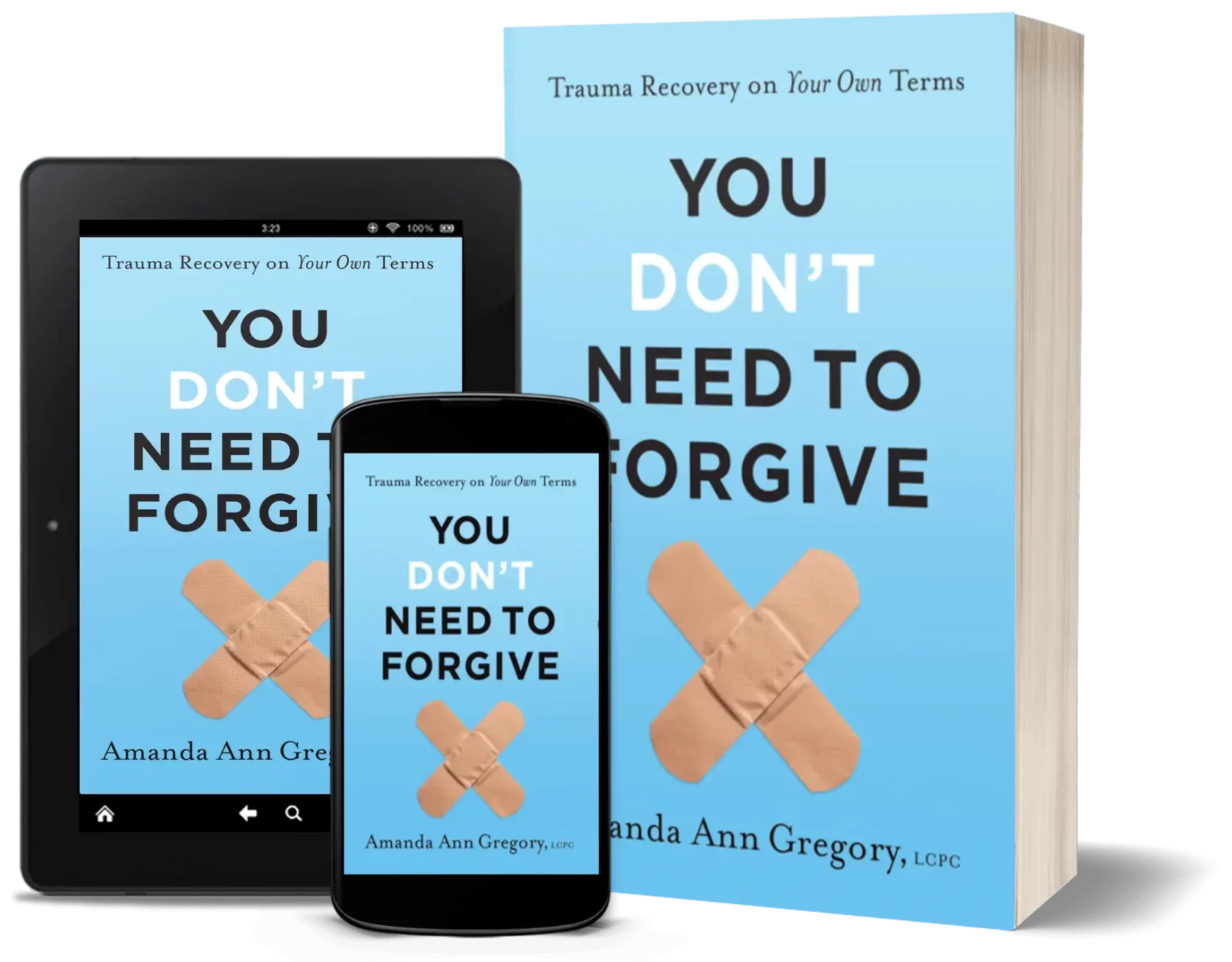
Sign up to get your Free eBook: 25 Anxiety & Trauma Coping Hacks
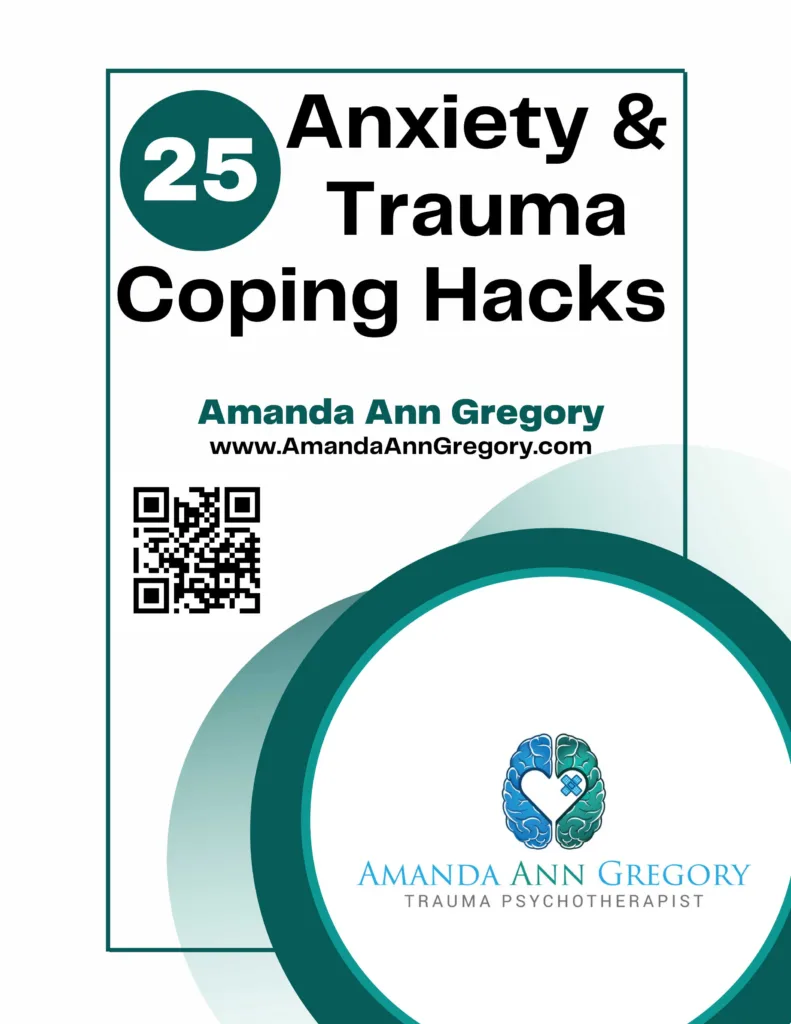
Hire me to speak at your event! Contact Me

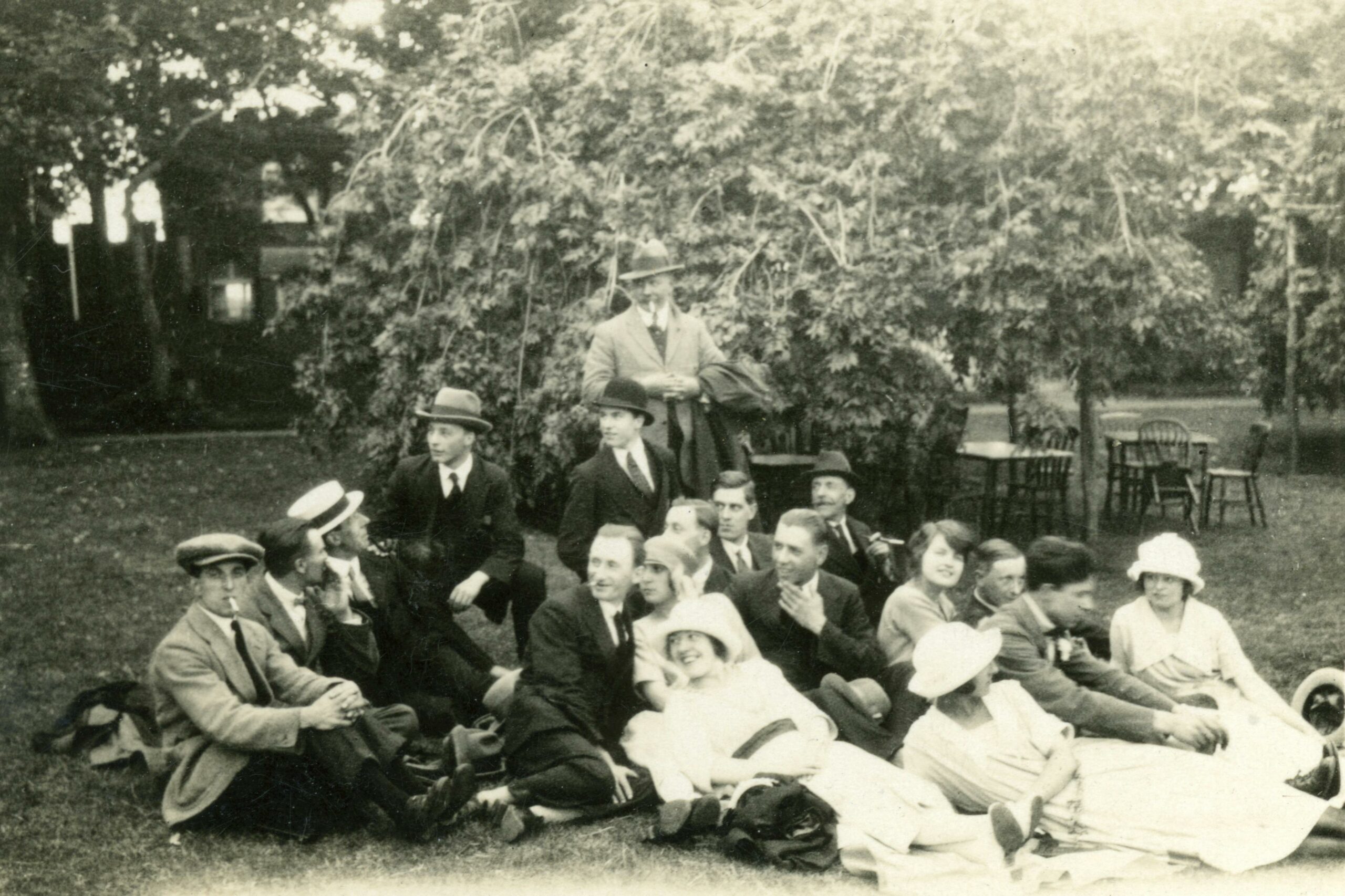
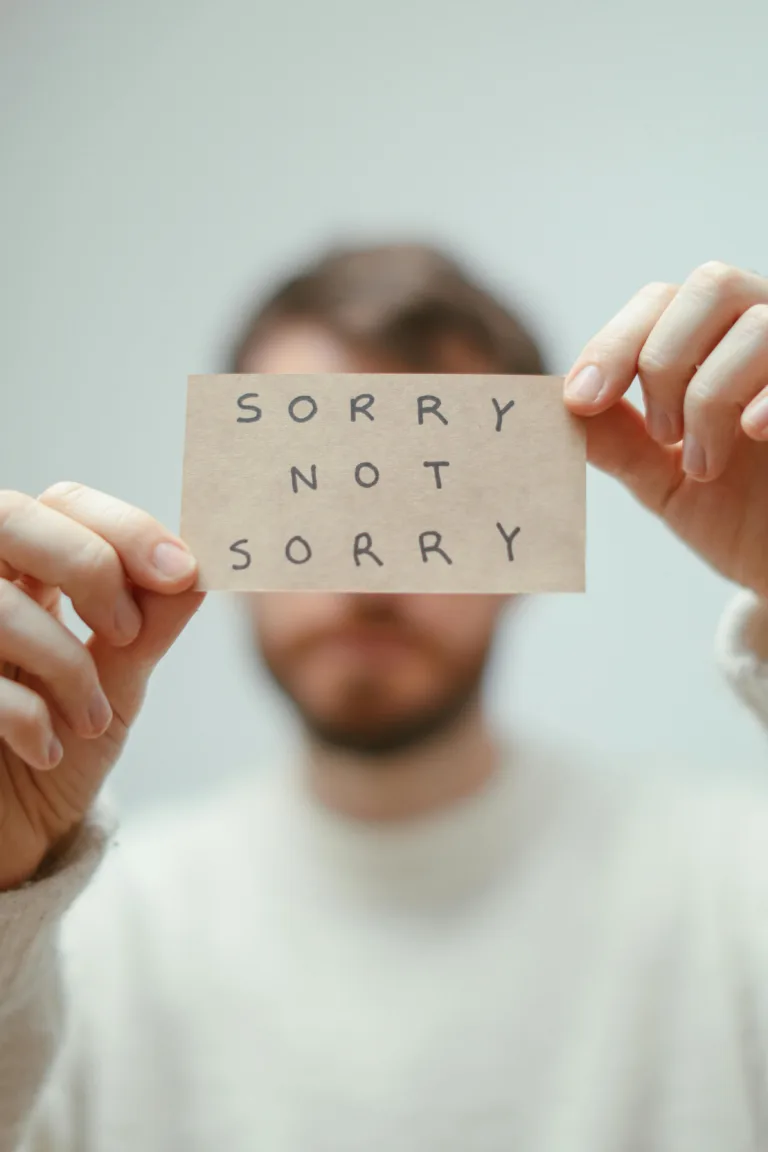
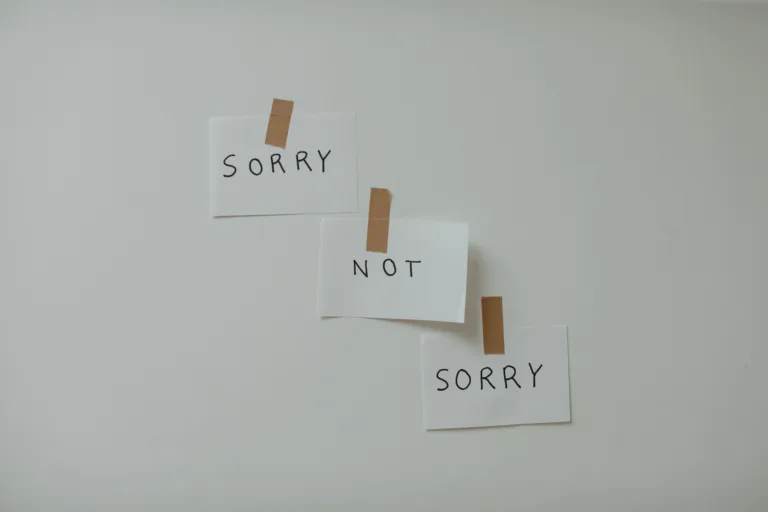


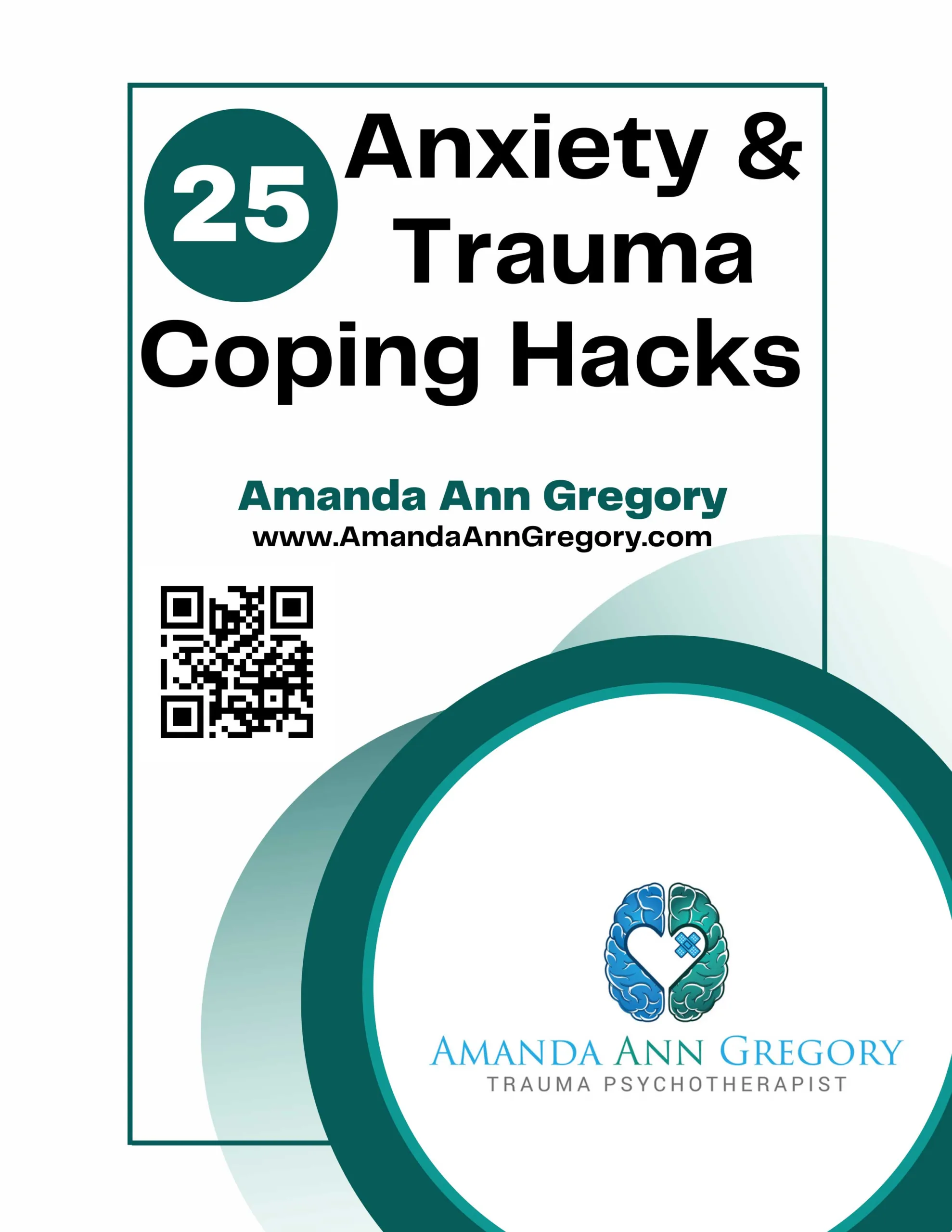
Enlighten reading
Waiting for the book to come out.